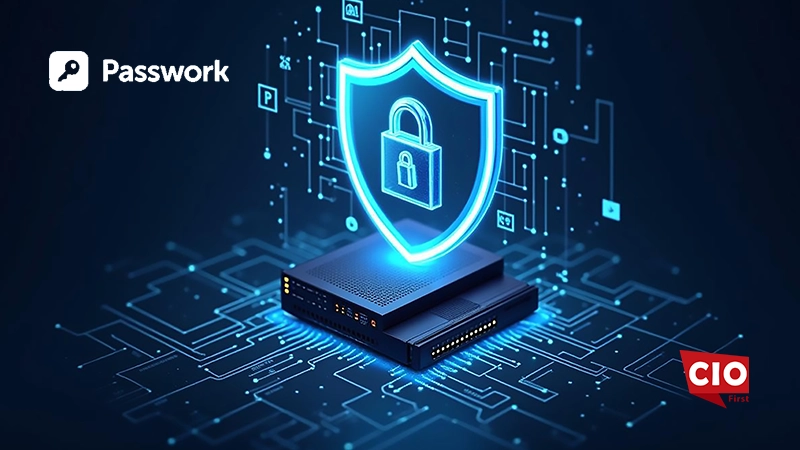Taking on a leadership role can be both thrilling and daunting. However, it is an opportunity for IT experts who want to advance their careers and take on more IT responsibilities while guiding their colleagues and teams towards successfully achieving the business goals.
The transition to leadership is significant, especially in IT, as transitioning from IT expert to IT leader requires a considerable shift in skills as well as a fresh perspective on the role of technology in the workplace. Though technical knowledge still plays a huge role while transitioning into the leadership role, IT experts also need to build a deeper understanding of the business side of their enterprise. They need to acquire essential skills to effectively communicate and collaborate with other non-technical leaders in their enterprise.
It can take some time to let go of what they are used to and adjust to the new priorities. The act of letting go and learning anew can be life-changing, resulting in a fundamental shift in one’s attitude to work. IT experts are trained in project management, logical reasoning, and process orientation, all of which are important foundational skills. Leaders, on the other hand, must be perceptive and comprehend the company’s current and future demands. It is critical to have the ability to operate with ambiguity. Leadership necessitates asking the right questions and looking at situations from a new perspective.
Also Read: Four Essential Elements of IT Leadership Adaptability
But transitioning is a lot more difficult than it seems, especially in today’s enterprise environment, where things are constantly changing. Hence, they should follow certain steps that will make their transition as seamless as possible.
Four Steps for IT Experts Transitioning to an IT Leadership Role
It’s all about relationships
To become a strong IT leader, IT experts must be capable of building relationships and connections within and outside their enterprise. They must establish and grow the relationships that would deliver impactful results for their organization. IT experts must also frequently collaborate and take guidance from their peers to benefit from their knowledge and experience. Moreover, they should demonstrate that they can be the person that their peers can rely upon to get things done.
Communicate clearly
Another important skill that IT experts need to develop while transitioning to a leadership role is building communication skills. Explaining complex IT topics in terms that other non-tech IT leaders and stakeholders can understand is critical.
Instead of getting lost in the technical jargon, IT experts should first understand their audience, discover what they want to hear, what goals they want to achieve and then explain how IT can help them achieve these objectives. This will enable the new IT leaders to build trust with their counterparts and make their transition a lot smoother.
Develop leadership style
Before taking on a leadership role, IT experts should seek out strong mentors and make it clear that they are interested in the leadership position. Once they start gaining more responsibilities in the enterprise, they should remain empathetic and curious while listening and learning.
Being open to making mistakes and growing from them can go a long way in strengthening an IT expert’s leadership foundation. Also, this can help them gain a better understanding of what leadership style suits best for them. As they take on the leadership role, IT experts should monitor their language as they become advocates and mentors.
Also Read: Challenges of Everything as a Service (XaaS) Landscape
Leading with authenticity
To succeed and gain the trust of their counterparts, stakeholders and their team, new IT leaders should strive to be authentic from the beginning. Instead of mimicking another leadership style, they should identify their own; else they won’t be able to succeed in the long-run.
New IT leaders shouldn’t be afraid of making mistakes while leading with their own leadership style, as it is an important part of being an authentic leader. They should continuously strive to understand who they are as it will make them more approachable to their peers and team members.


























